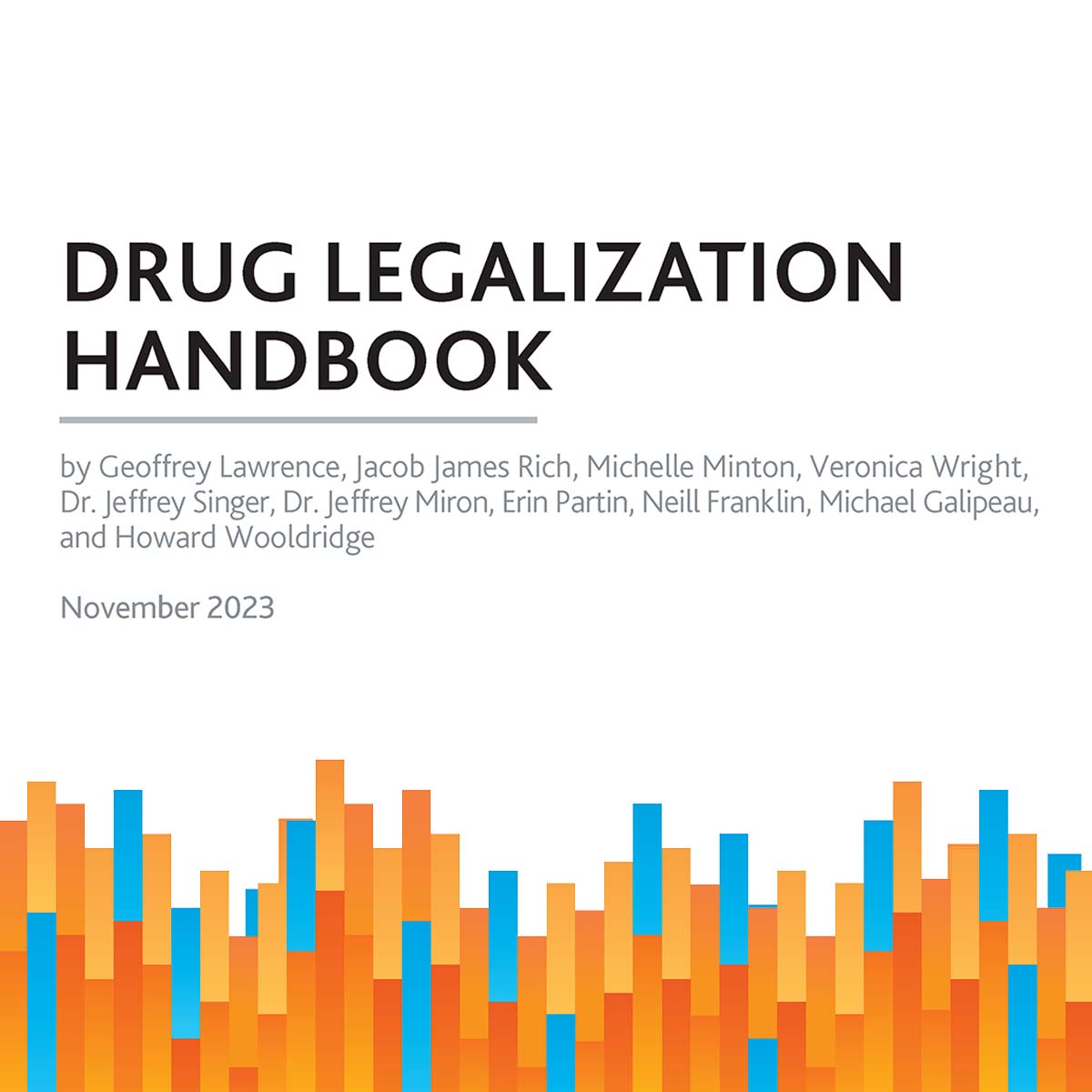
Introduction
Prospective legalization of drugs is a sensitive and complicated topic that inevitably evokes visceral reactions from most observers. Legalization proponents believe the drug war has represented a vast overreach of government power and that this power has often been applied in arbitrary and discriminatory ways. Often, the so-called “War on Drugs” has served as a pretext for authorities to harass communities or individuals they dislike. More broadly, a prohibition on legal commerce simply creates market opportunities for illegal sellers to organize illicit markets. American prohibition of alcohol, for example, led to the emergence of the American Mafia, who sought to fill the still-existent popular demand for liquor. Today, there are clear parallels with international drug cartels.
Geoffrey Lawrence
Research Director at Reason Foundation
